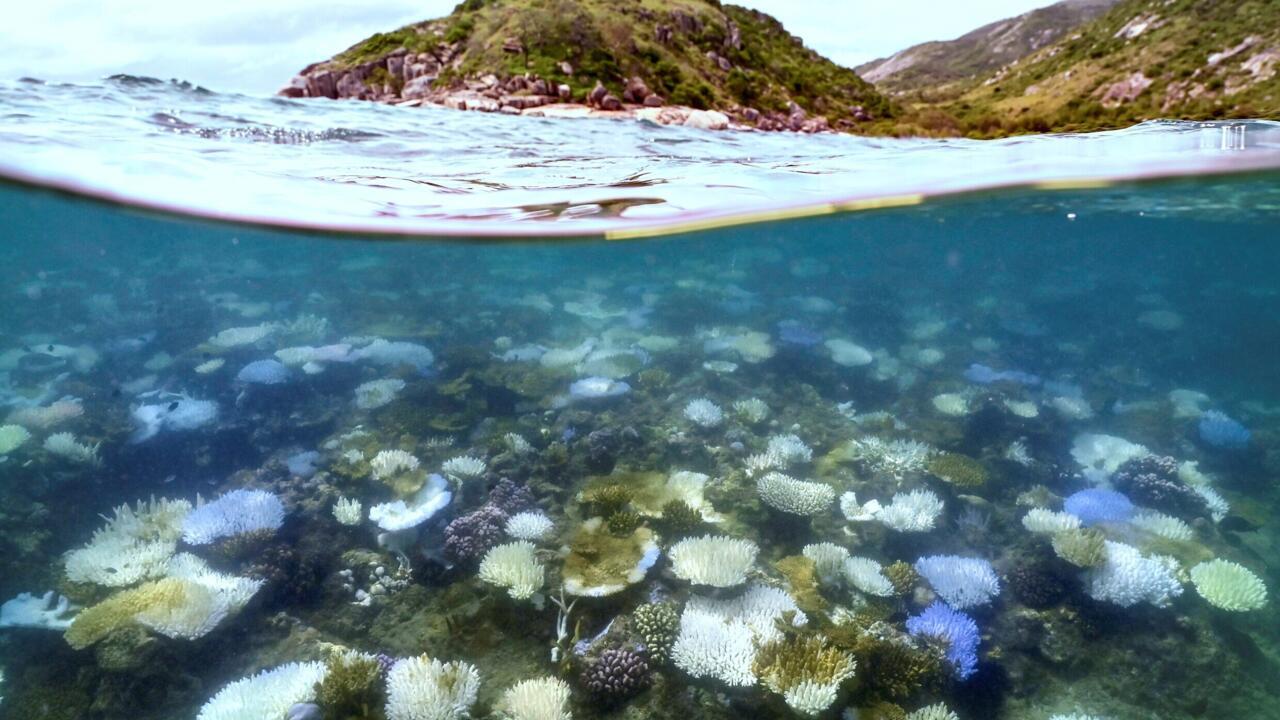The updated risk assessment from the International Union for Conservation of Nature (IUCN) was announced at the COP29 climate summit in Azerbaijan, which is being skipped by the leaders of many top polluting nations.
Oceans have absorbed around 90 percent of the excess heat in the atmosphere due to the release of carbon dioxide and other greenhouse gases. Rising ocean temperatures have spurred mass bleaching events at coral reefs across the world, threatening crucial ecosystems for marine life as well as the livelihoods of people who rely on them.
The updated assessment of the IUCN’s Red List of Threatened Species looked at reef-building corals, which live in warm, shallow waters in tropical areas. Its analysis found that 892 reef-building coral species are now considered threatened, representing 44 percent of the total.
That study found that almost one in three – or 23 out of 85 – species of Atlantic coral is critically endangered, more than previously thought.


